Why Expunging Marijuana Convictions In Wisconsin Is A Difficult Process
When Madison barber and business owner Brian Britt, 42, stepped up to a folding table in the entryway of the Urban League of Greater Madison, he had a single goal in his mind: Wipe from his record the decades-old criminal convictions he says are holding him back.
October 31, 2019

Brian Britt at Urban League of Greater Madison expungement cilnic

When Madison barber and business owner Brian Britt, 42, stepped up to a folding table in the entryway of the Urban League of Greater Madison, he had a single goal in his mind: Wipe from his record the decades-old criminal convictions he says are holding him back.
In 2000, at age 22, Britt was convicted of marijuana possession with intent to deliver as a repeat offense and a gun charge — recklessly endangering safety with a dangerous weapon. He served five years in prison.
Nineteen years later, he is hoping to make those convictions less public. It is the next step in an ongoing process, he said, which includes paying back child support.
“[I’m] cleaning my background up so I can get a better life,” he said, “so things don’t stagnate me like they used to.”
It is a goal shared by the roughly 20 people who attended the Urban League expungement clinic on May 4 to view their own criminal records, learn what they might be able to remove, and get advice about how to talk with employers about what they cannot.
An estimated 1.4 million Wisconsinites have criminal records, according to a report by the Wisconsin Policy Forum. Studies show arrest and conviction records have lingering effects, making it harder for individuals to succeed as law-abiding citizens.
Gov. Tony Evers has proposed expungement of low-level marijuana convictions. And a bipartisan group of lawmakers has proposed expanding Wisconsin’s restrictive expungement law, which requires that expungement must be requested at sentencing and is only available for crimes committed before the age of 25. The law also allows only non-violent, low-level felonies or misdemeanors to be wiped from a person’s publicly available record.
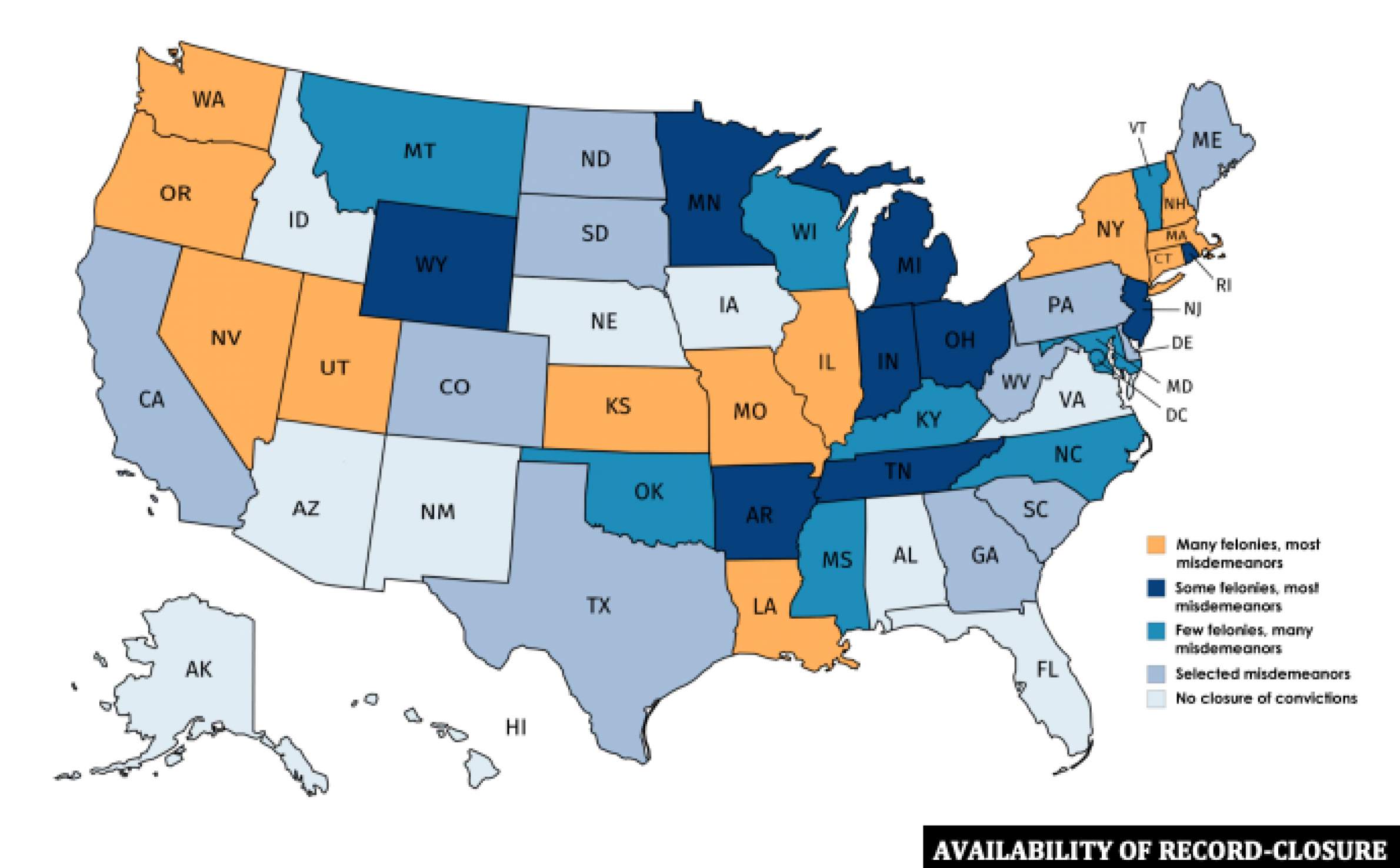
In the past four years, at least 10 states have enacted legislation to make it easier or faster for residents to shield their past marijuana convictions from public view, according to the National Conference of State Legislatures.
The Wisconsin Policy Forum, a nonpartisan organization dedicated to researching and evaluating policy statewide, studied the numerous barriers people in Wisconsin face in removing old convictions from their records. Its 2018 report outlines possible changes to expand access to Wisconsin’s expungement law, which allows individuals to petition to have eligible convictions removed from the state’s free court records database, commonly referred to as CCAP.
“If a person can, in certain cases, have that removed from even being a consideration in the employer’s mind … it just takes it off of the table as a possible issue,” said Joe Peterangelo, a senior researcher for the group.
Marijuana expungements could be especially important for those who were convicted decades ago, when first-time, even minor possession was often charged as a felony, said Kori Ashley, a staff attorney for Legal Action of Wisconsin and its Road to Opportunity Project. Arrests for marijuana are the No. 1 drug offense in Wisconsin, state Department of Justice figures show, affecting nearly 20,000 people in 2018 alone.
“So, if it’s retroactive,” Ashley said, “it could potentially relieve individuals of felony convictions.”

Data on the impact of record-sealing is hard to come by, but in March, two University of Michigan law professors released a first-of-its-kind empirical study, which found numerous advantages.
Michigan residents whose records were sealed “have extremely low subsequent crime rates, comparing favorably to the general population,” the authors wrote. They also found a “sharp upturn in their wage and employment trajectories,” which they attributed mostly to “unemployed people finding jobs and very minimally employed people finding steadier or higher-paying work.”
‘I’m still discriminated against’
When Urban League of Greater Madison held its first expungement clinic in June 2018, around 200 people showed up and another 100 called afterward, according to senior vice president Edward Lee. Unable to serve all of those people at the initial clinic, the organization has been working its way down the list.
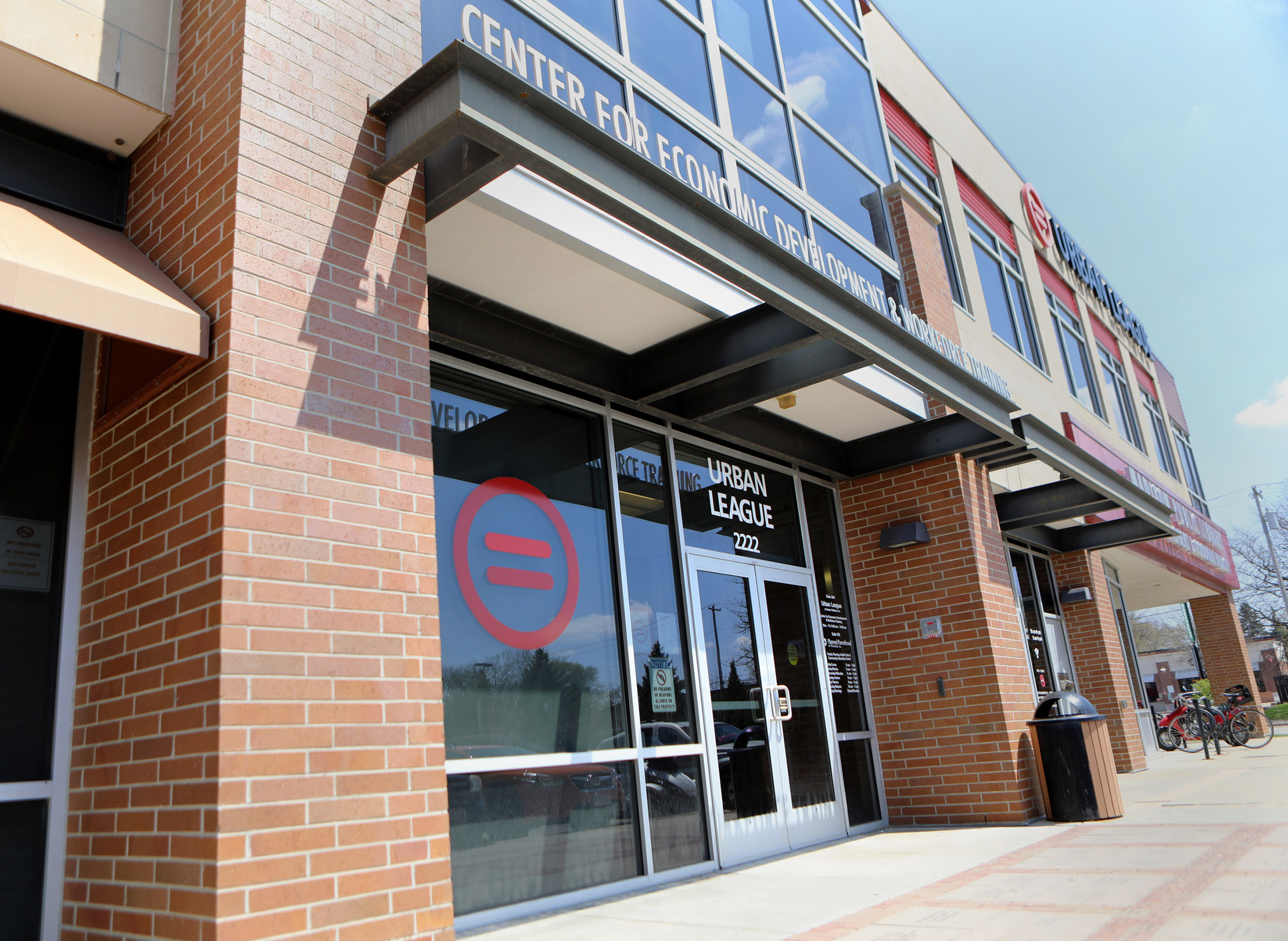
Britt, who now holds a cosmetology license, opened Inspire Barber and Beauty Salon in 2017 but struggled to find a location for the business. His rental applications for commercial spaces were routinely denied.
“I haven’t been in trouble for so long,” said barber Brian Britt, whose last criminal conviction was in 2012, “but I’m still discriminated against.”
It took Britt about a year to find a landlord willing to rent to him. He found out prospective landlords had been looking him up on CCAP.
“I didn’t know they was really CCAP’ing me … But then it actually came out in the end like, ‘Well, because of your record, you know what I mean, we feel that … there’s gonna be drugs being sold in our area.'”
He found someone willing to take a chance on him, renting him a storefront in a strip mall. Britt said the cosmetology school he attended also waived its normal policy of not accepting students with criminal records.
About an hour after Britt arrived at the expungement clinic, he emerged from the room disappointed. The crimes he wanted wiped from his record, he said, will stay.

One of the lawyers advising clients at the clinic, Sheila Sullivan of Legal Action of Wisconsin, said current Wisconsin law dictates that what can be expunged depends on the law at the time of the crime, the person’s age at the time of the crime and the type of conviction. “For the layperson to have to figure it out is tough in itself,” Sullivan said.
In February, Reps. David Steffen, R-Green Bay, and Evan Goyke, D-Milwaukee, introduced Assembly Bill 33 to clarify and broaden Wisconsin’s expungement law. The bill, which has passed the Assembly, would make more than 80,000 cases eligible for expungement, according to the Wisconsin Policy Forum report.
It is unclear how many people would be able to completely clear their records of marijuana convictions, Joe Peterangelo said.
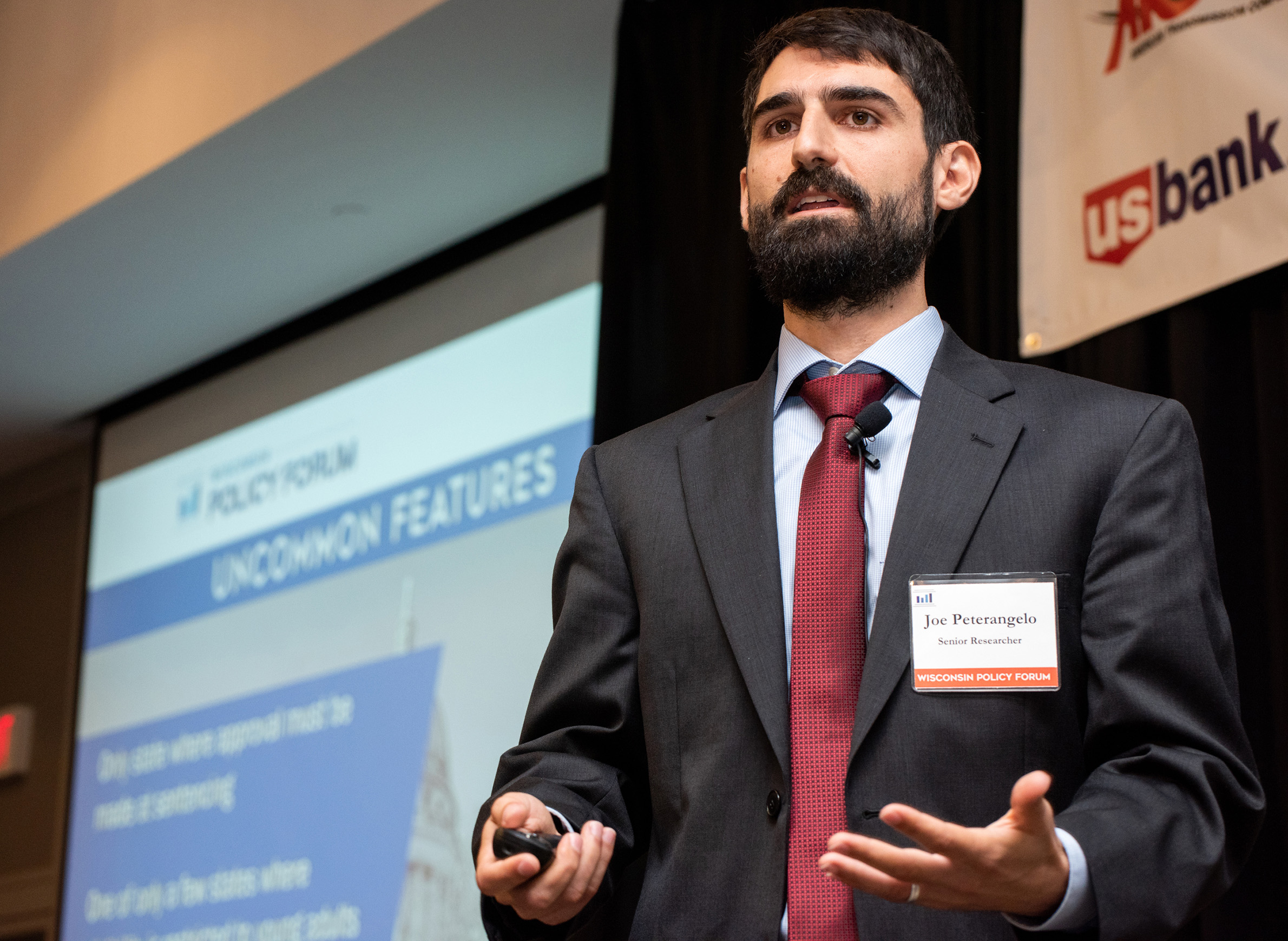
“I can’t really give you any numbers on exactly how many people have convictions for marijuana and nothing else,” Peterangelo said. “My educated guess based on all of the information I’ve seen is that it would be a relatively small pool of people.”
Expungement a bipartisan push
Helping people who have completed their sentences wipe certain crimes from their records and minimize barriers to jobs, housing and other opportunities has bipartisan support in the Wisconsin Legislature.
Wisconsin law currently restricts that eligibility to individuals who were under 25 at the time of the crime. Only misdemeanors and certain non-violent felonies are eligible. The person cannot have a prior felony, and the judge must have ruled at sentencing to allow the expungement. According to a report by the Badger Institute, a Milwaukee-based think tank, an average of around 2,000 Wisconsin cases were expunged each year between 2010 and 2017.
“Historically, it’s been very difficult,” said Dane County Sheriff Dave Mahoney, who recounted the story of a friend who has been trying unsuccessfully for years to clear his record of a crime for which he was acquitted. “The only way you can get the expungement is to go back to the judge that heard the case and they allow you to expunge the case, and it very rarely occurs. Very rarely.”
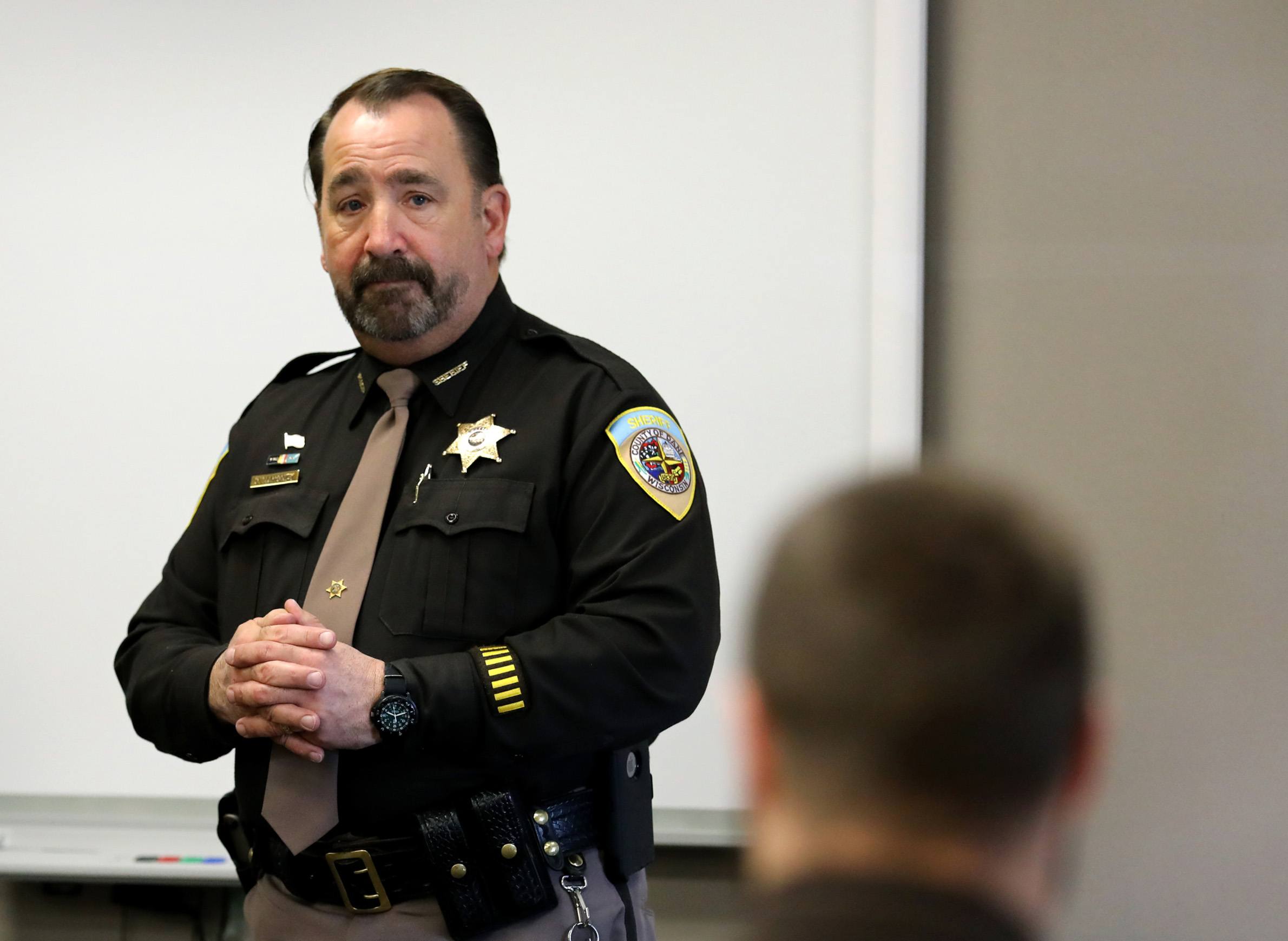
Wisconsin is one of only two states that generally do not permit expungements for cases in which the person is found not guilty or the charges are dismissed or reversed on appeal. In those cases, recent state law changes require those dismissed or overturned charges to be removed from the electronic court database after two years.
Marijuana crimes were among the most frequently expunged, the Badger Institute found. Of the nearly 21,000 counts expunged between 2010 and 2017, almost 13% were for marijuana — possession, manufacture or intent to sell. Possession of drug paraphernalia made up an additional 4.6% of expunged counts.
AB33 would expand expungement eligibility by removing the age limit for defendants, allowing expungement decisions to be made at times other than sentencing and clarify that employees need not disclose expunged arrests or convictions on job applications.
Attorney Kori Ashley said removing the age requirement would have huge impacts. Many people who call her office seeking expungements are not eligible due to the current age limits. According to a Wisconsin Policy Forum analysis, removing the age limit and allowing for expungement at a time other than sentencing could make another 80,000 Milwaukee County cases from 2006 to 2017 eligible.
Rep. Evan Goyke hopes the bill will bring Wisconsin more in line with other states.
“Our process is bad. Our expungement law — we’re an asterisk in America, and it’s not ever been replicated. Nobody’s calling to copy our expungement procedure,” Goyke said. “It’s very different than most states, and I think there’s wisdom in what states around the country have done to modernize their expungement law.”
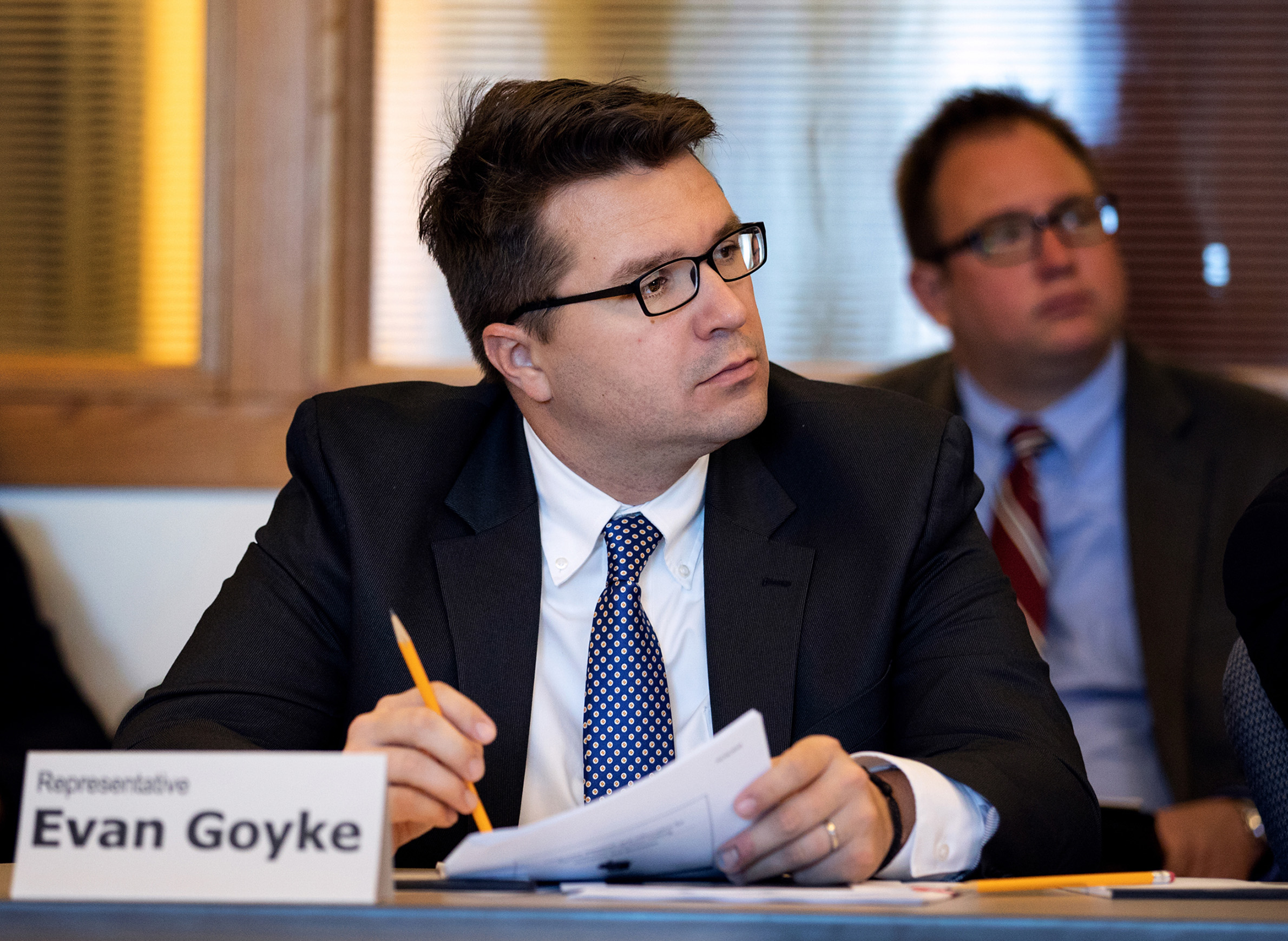
On the federal level, U.S. Reps. Lisa Blunt Rochester, D-Delaware, and Guy Reschenthaler, R-Pennsylvania, introduced legislation in late April 2019 that would automatically seal records of individuals federally convicted of simple marijuana possession. The intention of the bipartisan Clean Slate Act is to address the barriers to employment, education and housing.
In Wisconsin, expunged cases would, however, would still be viewable on the Online Record Check System, maintained by the Wisconsin Department of Justice. “They put a small notation on it. It essentially says, ‘After the conviction, this conviction was expunged on that date,’ but the record of that conviction remains on the report because it’s still a valid conviction,” Ashley said.
Advocates for government transparency argue that the public should have full access to criminal records.
“Ceding the right to know what our government is doing is a slippery slope that has no identifiable stopping point,” argued April Barker, an attorney and co-vice president of the Wisconsin Freedom of Information Council.
Meanwhile, Ashley argues there is harm in allowing the information to remain public. “The damage is done when you see it. Someone can say it’s expunged, but if you’re pulling your report … and it happens to be for aggravated battery or for manufacturing 25 grams of marijuana, the point is you don’t want the decision-maker seeing it.”
“I have a lived reality in my community that suggests that deferring to one’s good nature is just not going to come up with the results,” Goyke said. “If that were true, then we wouldn’t have this problem.”
Goyke said he does not believe in hiding records, but he argues the value of transparency should be balanced against the value of opportunity. “And right now we have, in my estimation, the balance weighing in favor of expunging records for individuals to get a better life.”
Automatic expungements in San Francisco
Evidence from California shows just how few people seize the opportunity for expungement. One year after a voter-approved marijuana expungement law took effect, about 4,900 of the hundreds of thousands of eligible individuals had applied.
In response, then-San Francisco District Attorney George Gascón announced in January 2018 that his office would identify eligible marijuana convictions and review, recall and resentence felonies and expunge and dismiss misdemeanors.
“Instead of waiting for the community to take action, we’re taking action for the community,” Gascón said in a statement.
In February 2018, he announced that a review had yielded 9,362 eligible convictions in his jurisdiction.
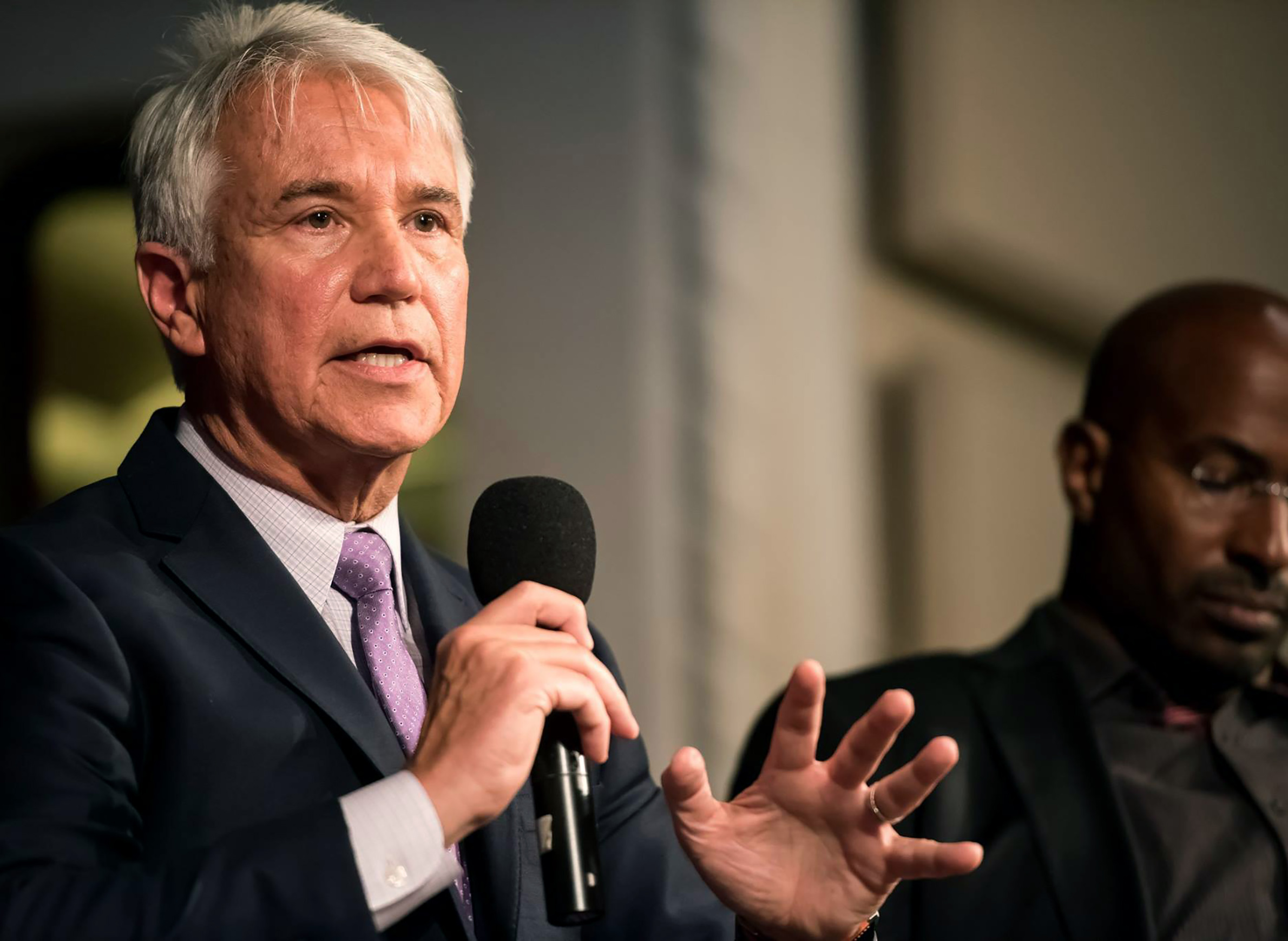
The advocacy group The Lawyers’ Committee for Civil Rights Under Law sent letters to district attorneys in eight states urging them follow Gascón’s move and automatically expunge records of those convicted of “low-level” marijuana possession. In April, prosecutors in California’s Los Angeles and San Joaquin counties announced they would follow suit and expunge an estimated 54,000 eligible convictions.
The plan has been criticized by some in law enforcement, including the California Narcotic Officers’ Association. But Dane County Sheriff Dave Mahoney, a former narcotics officer himself, said he would support such an approach in Wisconsin.
AB33 does not call for automatic expungement; it explicitly proposes a court process. Rep. Evan Goyke said in a case with victims, expunging convictions could be controversial. But for victimless crimes such as marijuana possession, he said automatic expungements might be appropriate.
Kori Ashley hopes one day to have expunged convictions removed from the Department of Justice’s criminal background check system. When the Wisconsin Legislature considered a bill to change expungement law in 2017, that provision was a key sticking point blocking the bill’s passage.
The current version of the bill does not include such a provision.
Said Ashley: “I think they did what they could in terms of getting as many positive things as they could in this bill [AB33] … while at the same time balancing how much disclosure is appropriate in a state that really values itself on this idea of open records and transparency.”
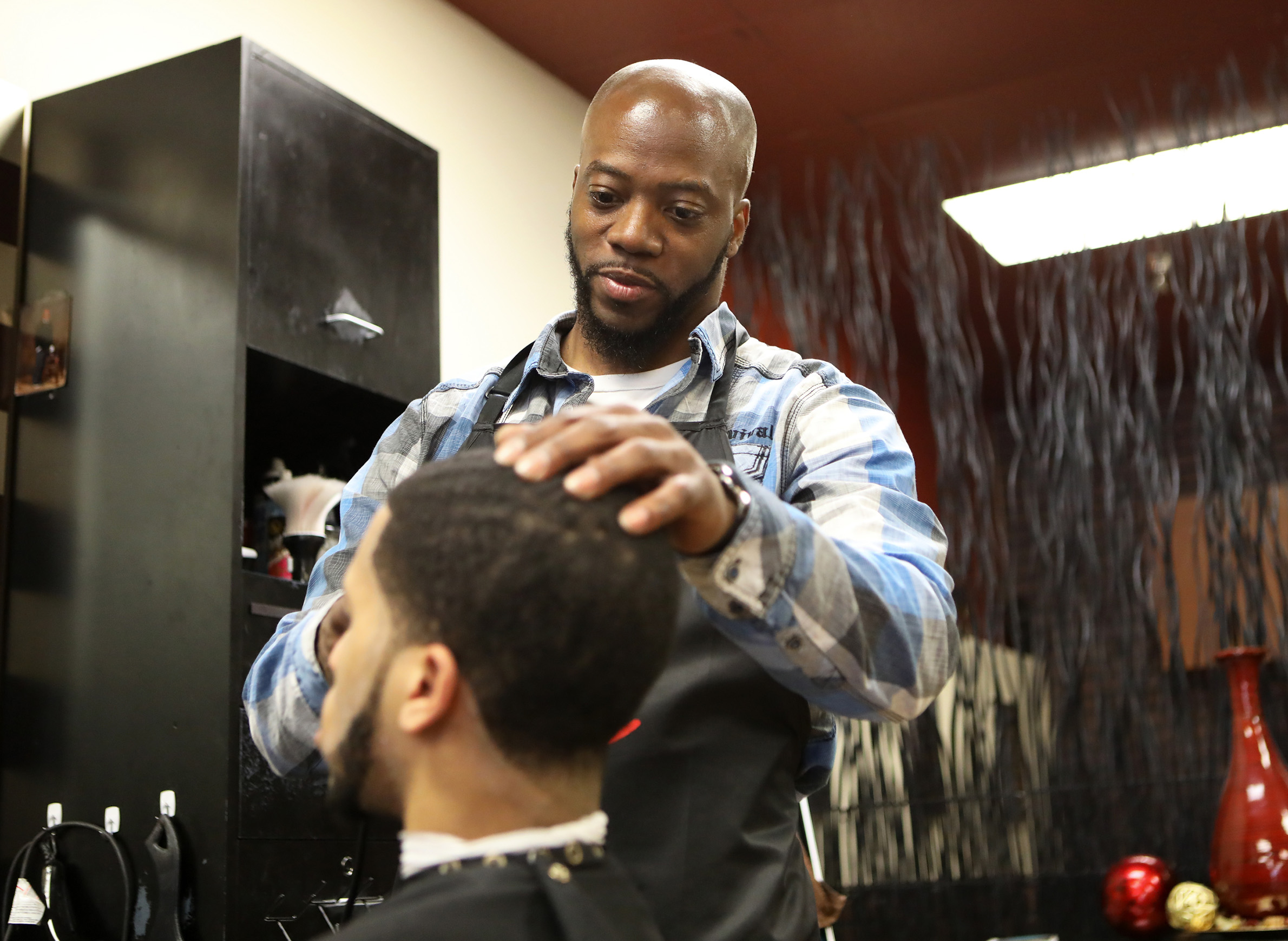
Even if AB33 passes, it is not yet clear whether Brian Britt will be able to remove from his record both of the convictions he most wanted sealed. He has four felonies, and the proposed law states that a conviction is only eligible for expungement if the person has no prior felonies.
But one thing is clear — Britt plans to try. He has a lot of dreams — he hopes to create a barber academy for teens at risk of dropping out of school — but his criminal record keeps getting in the way.
“So I’m hoping,” he said as he prepared to walk out the door, “because I’ve gotta be a beacon. I’m trying to be the beacon of the community.”
This story was produced as part of an investigative reporting class at the University of Wisconsin-Madison School of Journalism and Mass Communication under the direction of Dee J. Hall, managing editor of Wisconsin Watch. The Cannabis Question is a series exploring questions about proposals to legalize marijuana in Wisconsin. Wisconsin Watch‘s collaborations with journalism students are funded in part by the Ira and Ineva Reilly Baldwin Wisconsin Idea Endowment at UW-Madison. The nonprofit Wisconsin Watch collaborates with Wisconsin Public Radio, Wisconsin Public Television and other news media. All works created, published, posted or disseminated by Wisconsin Watch do not necessarily reflect the views or opinions of UW-Madison or any of its affiliates.
 Passport
Passport




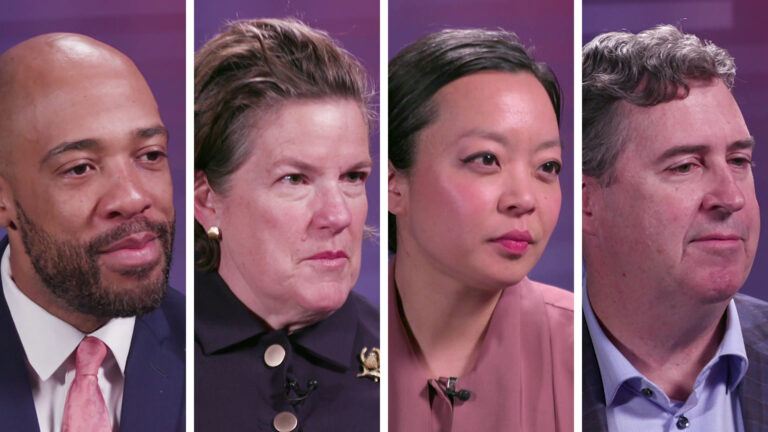
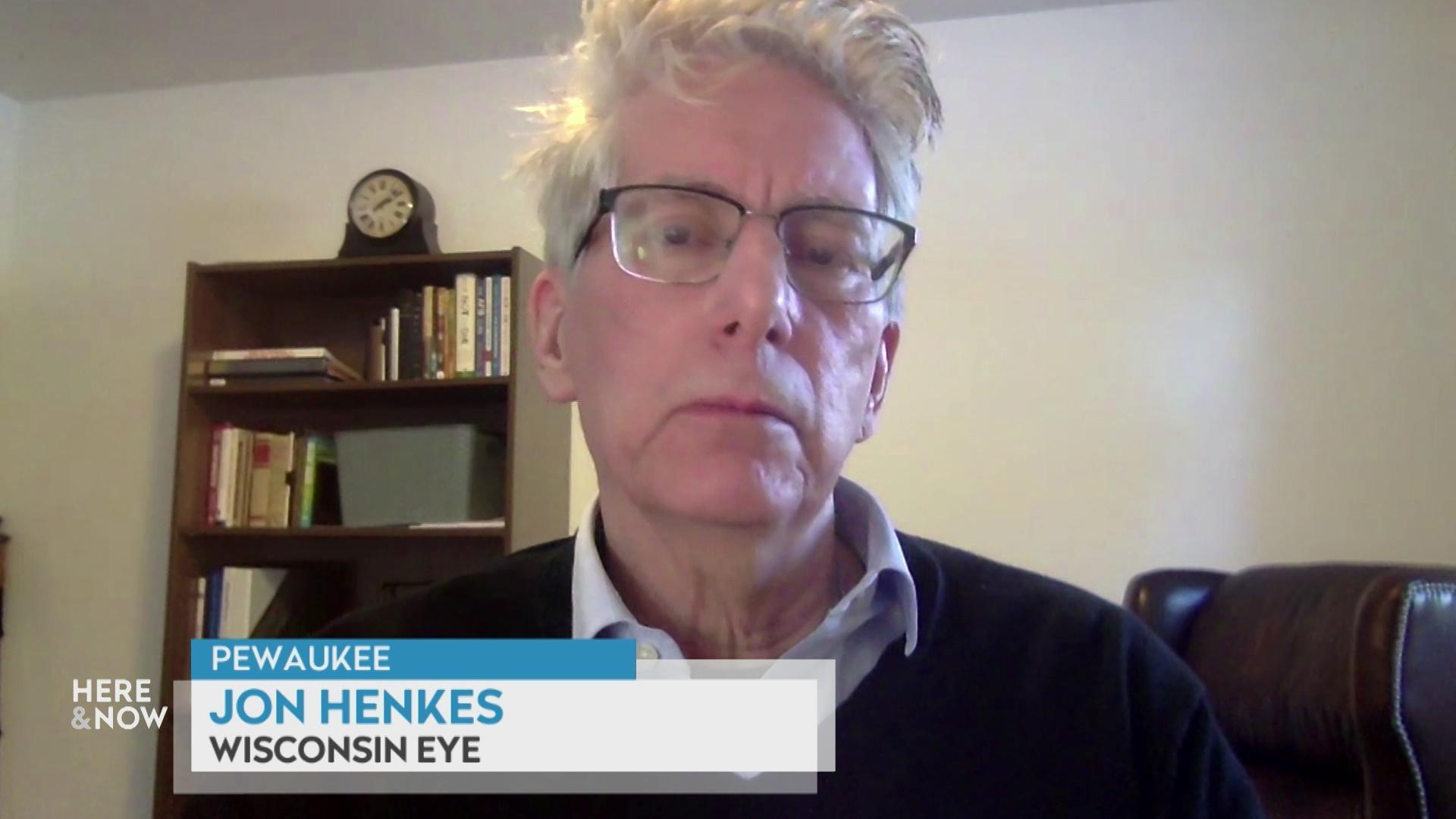





Follow Us